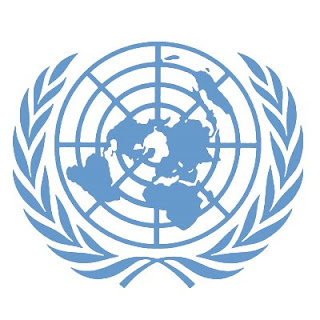
Human rights are a set of basic rights which many people believe belong to all humans by birthright. The concept is ancient, although the term “human rights” only entered usage in the 1940s. Because many people, especially in the West, feel very strongly about human rights, a number of measures have been undertaken to protect them. An international organization, the United Nations, has a large division related to the protection of human rights.
The idea that people are entitled to a few basic rights by nature of their humanity is ancient. Many historical documents have codified some of these basic rights. Unfortunately, there is also a long history of neglecting human rights for certain groups. Many slave-owning societies, for example, felt passionately enough about human rights to include them in their legislation, and slaves were excepted because they were believed to be less than human.
In the 1940s, the Second World War called a great deal of attention to the concept. Many nations were deeply concerned by the actions of the Axis Powers, which greatly abridged human rights for a number of people, most prominently followers of the Jewish faith. At the close of the war, the United Nations was founded, and human rights became one of the major issues that the organization focused on. By 1948, the United Nations had issued a Universal Declaration of Human Rights, asking all member nations to sign it and defend the rights described therein.
As a general rule, most proponents of human rights believe that humans are entitled to their lives and liberty. In addition, humans should be able to think and communicate as they please, as these issues are very tied in with a sense of liberty. Finally, all humans should be entitled to equality before the law. Many people also believe in a number of additional legal protections, including prohibitions on slavery and torture. In addition, humans and governments have a duty to protect human rights.
When a basic tenant of human rights is abused, it is termed a human rights violation. Unfortunately, many countries commit human rights violations, ranging from execution of criminals for trivial crimes to the extraordinary rendition of suspected terrorists. Many people report on human rights violations in the hopes of putting a stop to them, sometimes at risk of their lives. These people hope that human rights may become universal someday without the need for monitors and whistleblowers.
Please post a comment.
